Mathematical reasoning Extra Challenge Worksheets for Ages 5-8
12 filtered results
-
From - To
Explore our engaging "Mathematical Reasoning Extra Challenge Worksheets for Ages 5-8" designed to boost kids' problem-solving skills and logical thinking. Perfect for young learners, these printable activities present age-appropriate, fun challenges that strengthen foundational math concepts. From pattern recognition to basic arithmetic, each worksheet encourages analytical thinking and perseverance. Ideal for both classroom use and at-home learning, our carefully crafted exercises make math accessible and enjoyable. Help your child excel in mathematical reasoning with these expertly developed resources, ensuring they gain confidence and proficiency in key early learning skills. Unleash their inner mathematician today!
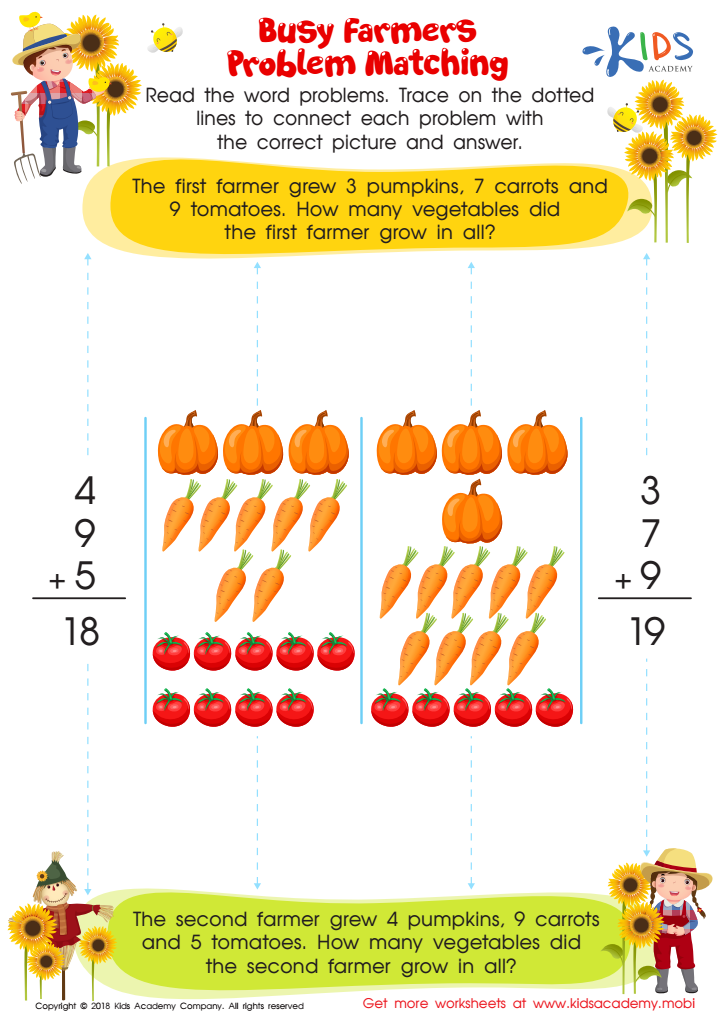

Busy Farmers: Problem Matching Worksheet
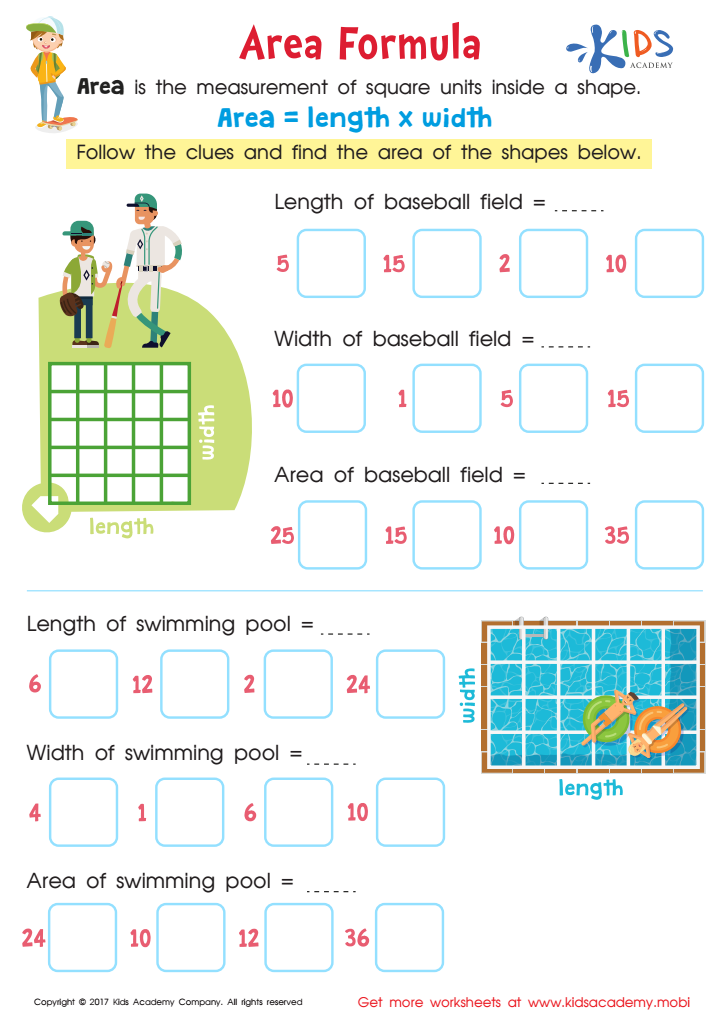

Area Formula Worksheet
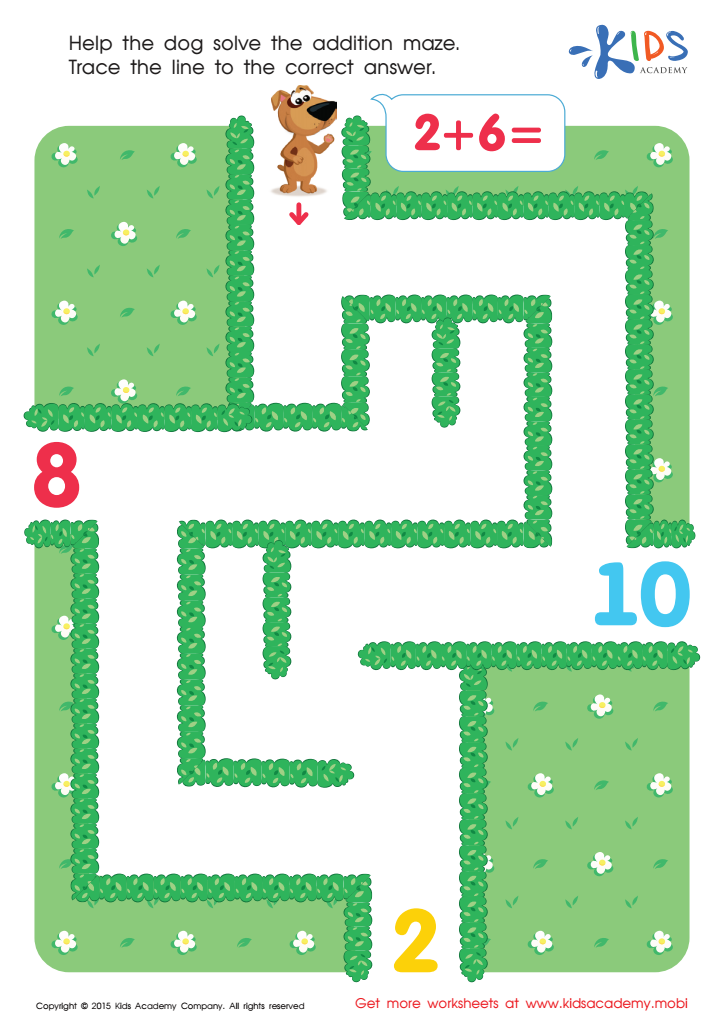

Two Plus Six Addition Worksheet
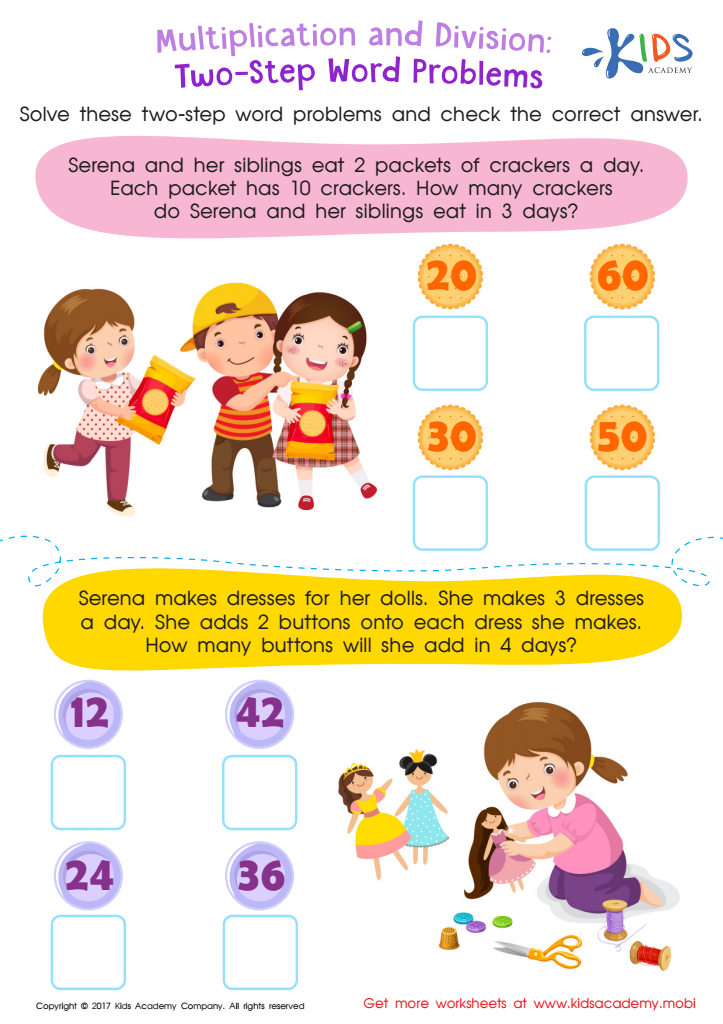

Two Step Word Problems Worksheet
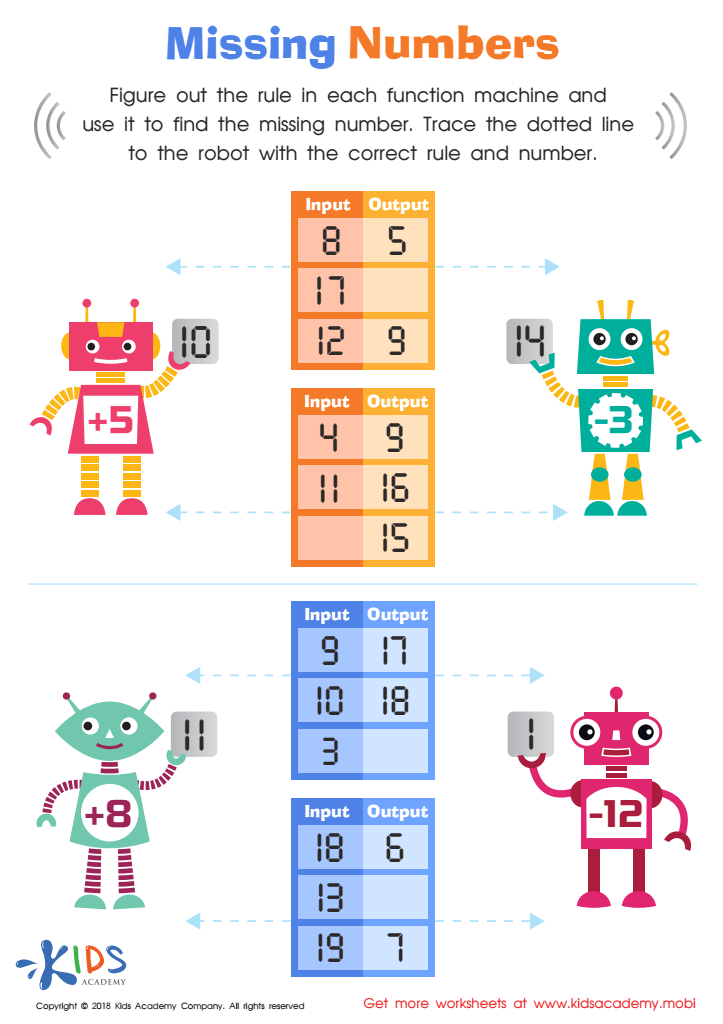

Missing Numbers Worksheet
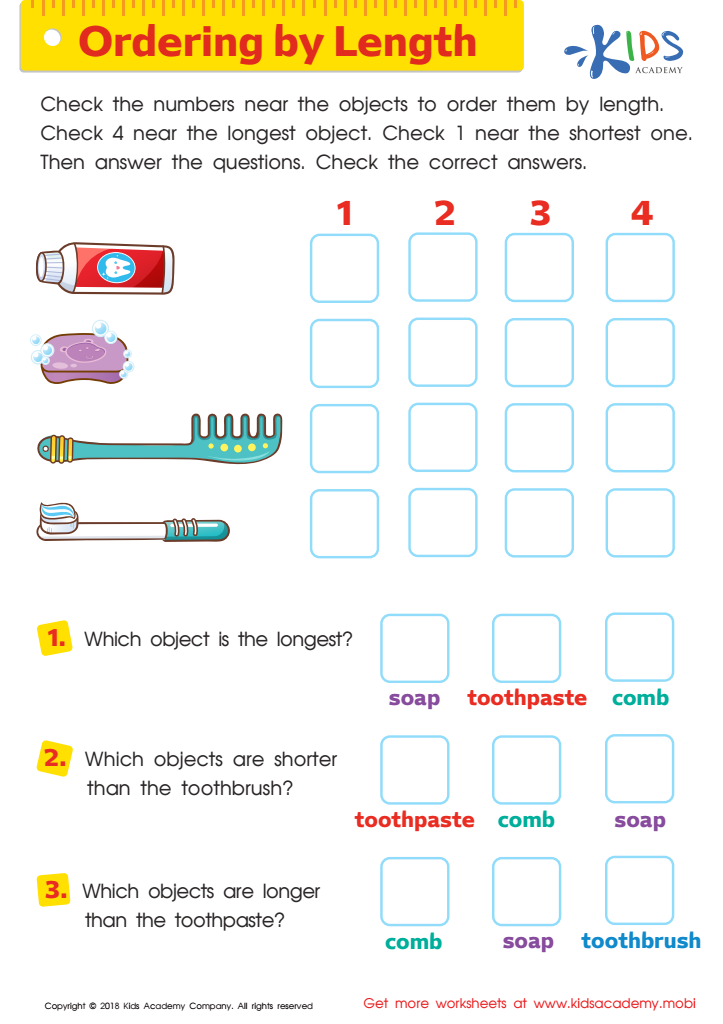

Ordering by Length Worksheet
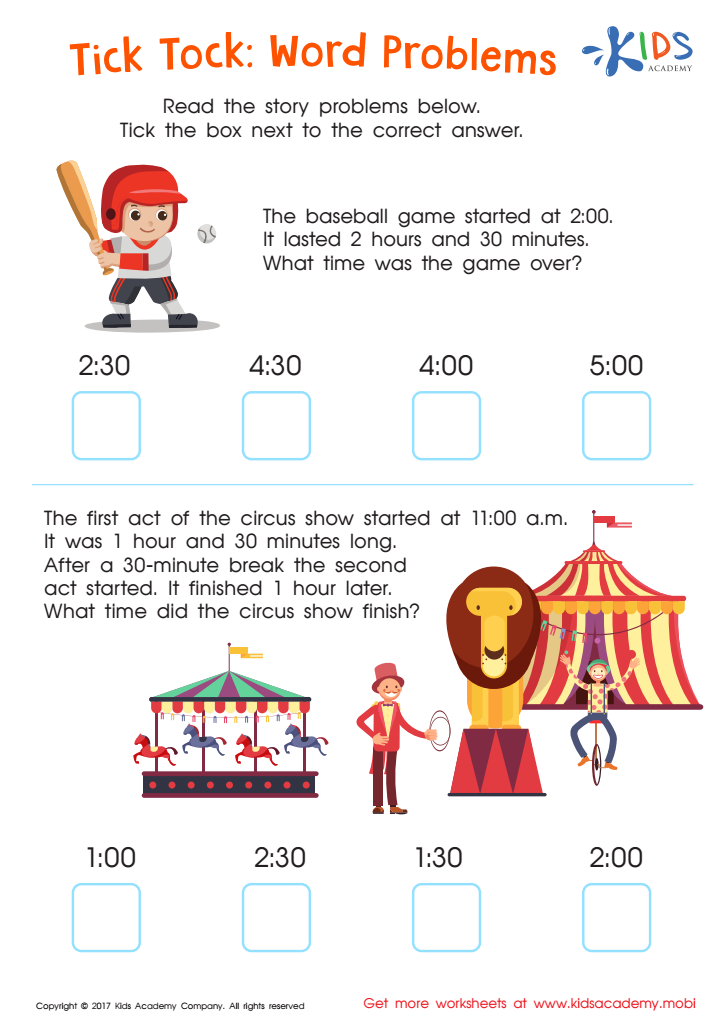

Tick Tock Word Problems Time Worksheet
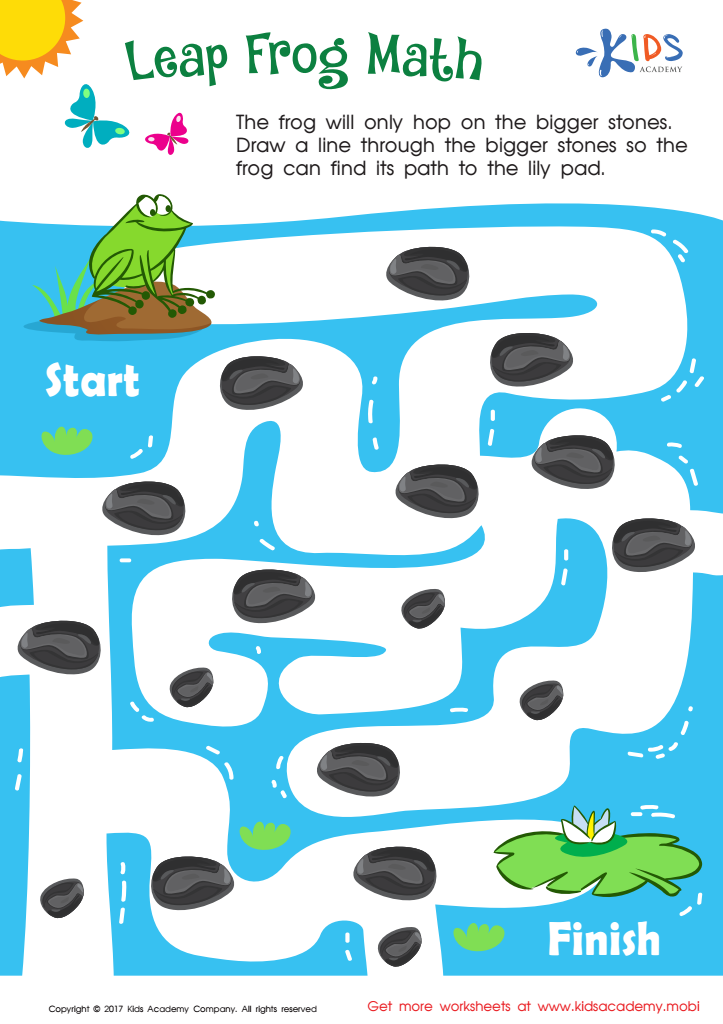

Math Puzzle Worksheet
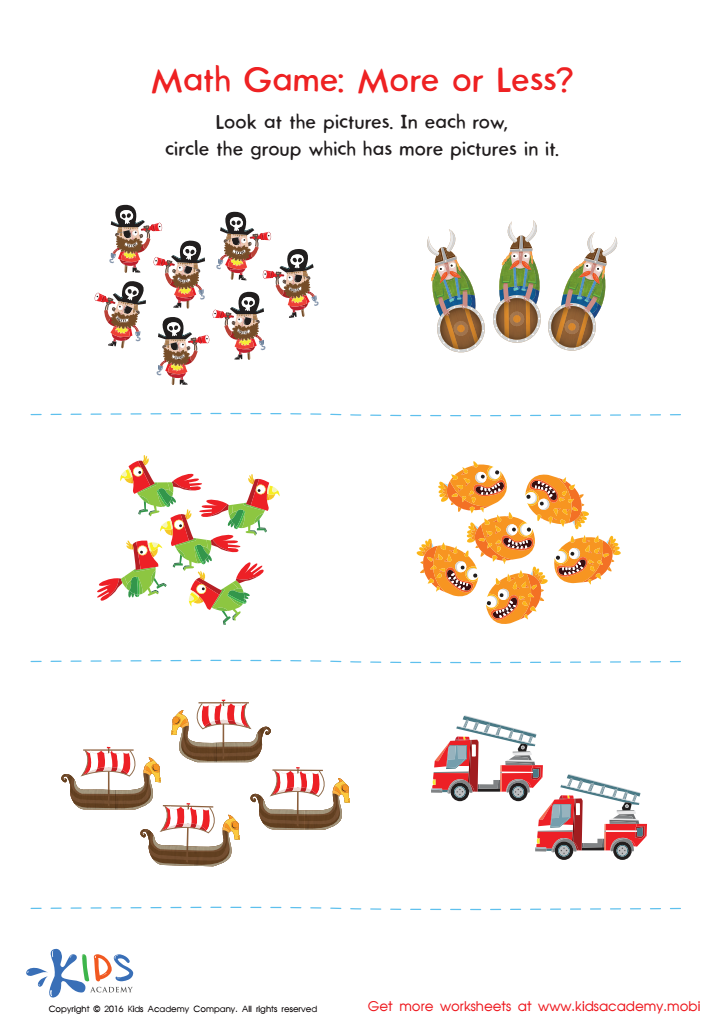

More or Less Worksheet
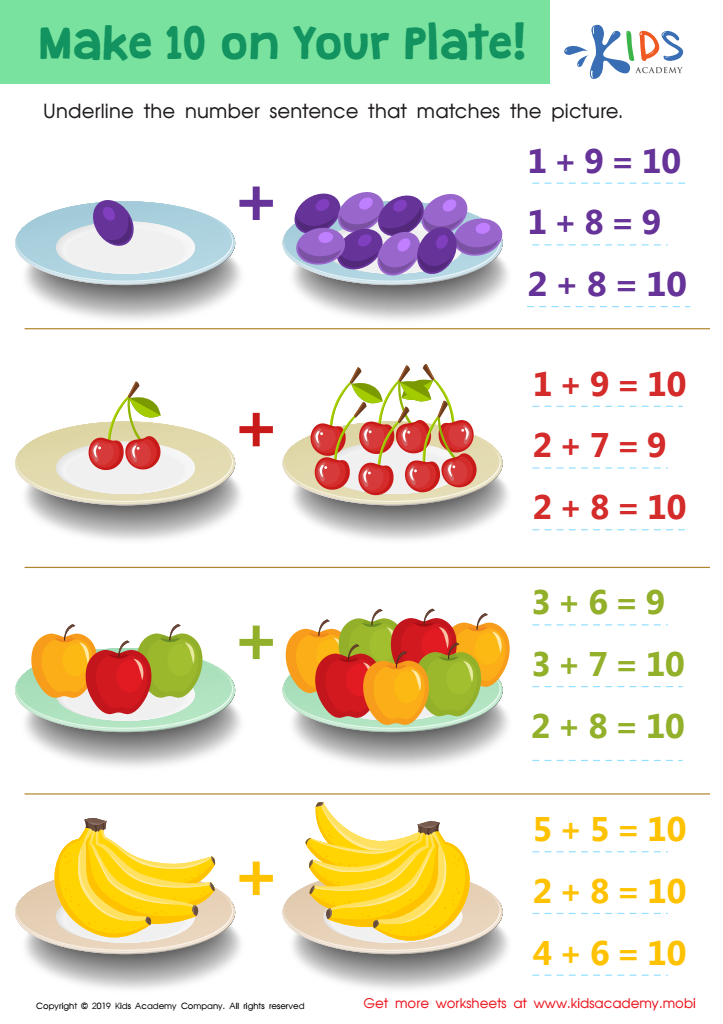

Make 10 on Your Plate! Worksheet
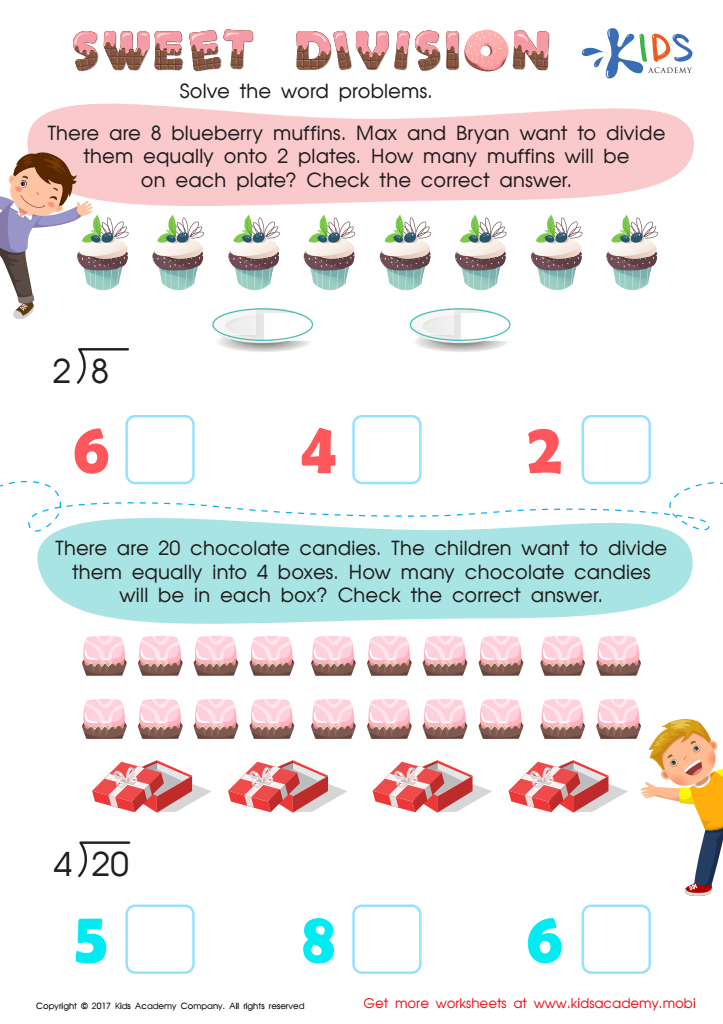

Division Word Problems Worksheet
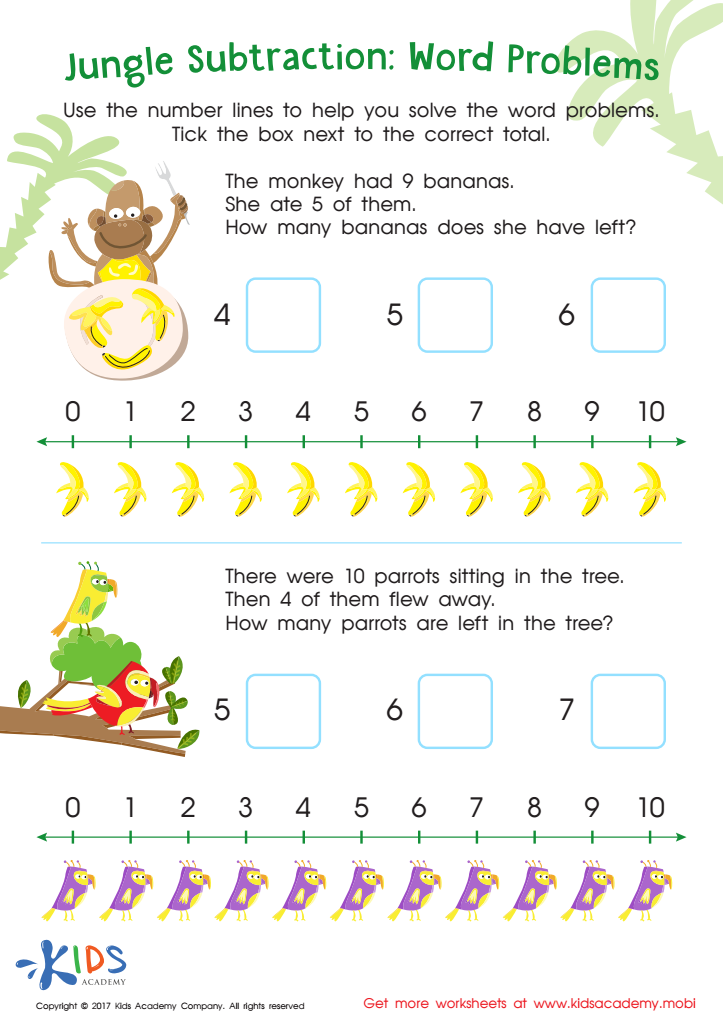

Jungle Subtraction Word Problems Substraction Worksheet
Mathematical reasoning is crucial for the cognitive development of children aged 5-8. It fosters a deep understanding of mathematical concepts and enhances problem-solving skills, which are essential for academic success and daily life. By exposing children to mathematical reasoning early, we lay the foundation for abstract thinking and logical reasoning, essential skills for complex mathematics and other disciplines.
Parents and teachers should advocate for extra challenges in mathematical reasoning as they nurture critical thinking and perseverance. When children engage with tasks that require deep thought and multiple approaches, they develop resilience and learn to see mistakes as opportunities for growth. This has positive implications beyond mathematics, promoting a growth mindset that benefits all areas of learning.
Early exposure to mathematically challenging activities also helps identify specific areas where a child might need additional support or advanced enrichment, allowing for tailored educational approaches. This personalized attention can significantly boost a child’s confidence and interest in mathematics.
Ultimately, implementing extra challenges in mathematical reasoning equips children with essential life skills. These include analytical thinking, effective decision-making, and the ability to approach problems systematically, making learning an enjoyable and intellectually stimulating experience. Investing in these early experiences pays long-term dividends by setting children up for both academic and personal success.

 Assign to My Students
Assign to My Students






















